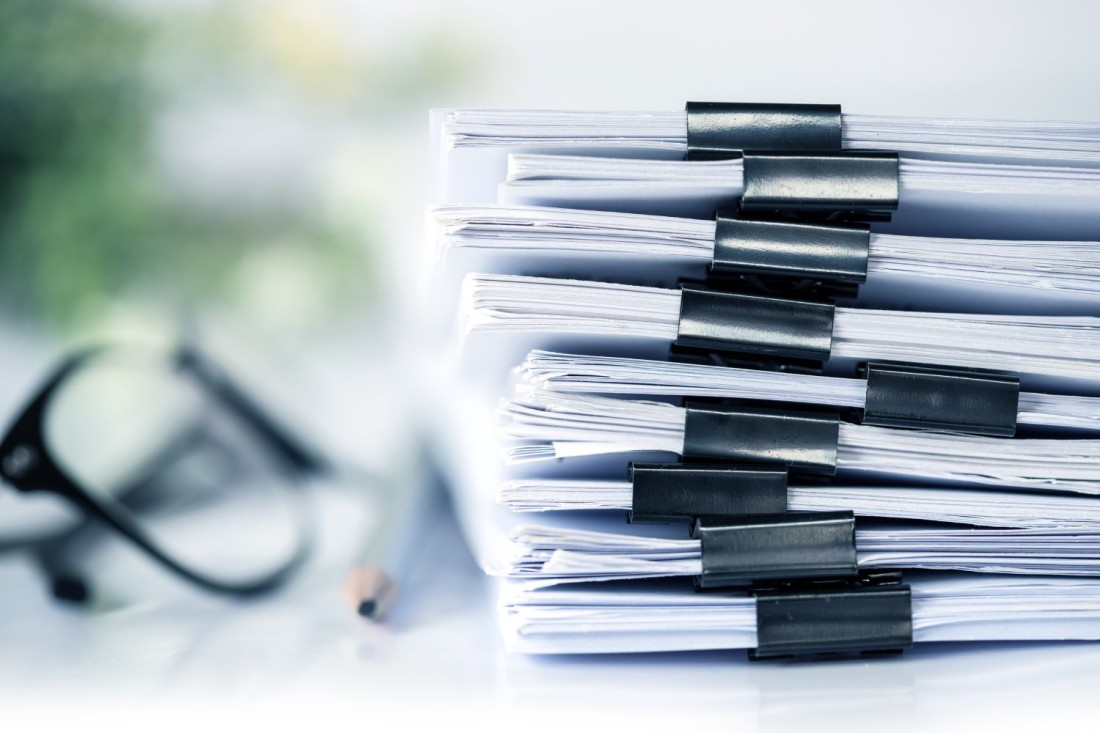Process Serving: A Comprehensive Guide to Legal Document Delivery
Process Serving: A Comprehensive Guide to Legal Document Delivery
Blog Article
Recognizing the Value of Process Offering in Legal Treatments
Process serving is an essential element of legal procedures that makes sure all celebrations are notified of their legal rights and responsibilities. The subtleties of efficient process serving extend past plain distribution; they incorporate legal demands and potential consequences of inappropriate solution.
Meaning of Process Serving
Refine offering is a vital element of the legal system, defined as the official shipment of legal records to people involved in a litigation. This procedure guarantees that all parties are properly educated of lawful actions being taken versus them or to which they are a celebration. Normally, these papers include summons, issues, subpoenas, and various other court-related papers that require the recipient's focus and reaction.
The importance of procedure serving hinge on its role in upholding the concepts of due process. It assures that individuals have notification of legal proceedings, therefore offering them a possibility to respond or defend themselves. Appropriate service of procedure is not merely a step-by-step formality; it is an essential aspect of making certain fairness and openness in the judicial system.
Process offering can be conducted by different people, including specialist process servers, legislation enforcement officers, or even lawyers, depending on administrative regulations. Each technique of solution has its own criteria and practices, which are vital to avoid hold-ups or dismissals within the lawful structure. Recognizing the interpretation and function of process serving is crucial for all stakeholders involved in legal procedures.

Lawful Needs for Process Serving
Legal requirements for process serving are necessary to make certain that the distribution of lawful records abides by developed methods and is identified by the court. Each territory has certain legislations regulating exactly how and when files should be served, which may consist of issues, subpoenas, and summonses.
Normally, process-server should be impartial 3rd parties that are not associated with the case. They must additionally follow state guidelines relating to service methods, which can consist of personal service, replacement service, or solution by mail. Individual service includes providing documents straight to the recipient, while alternative service permits for shipment to another liable individual at the recipient's house or workplace.
Additionally, procedure servers are generally needed to submit a proof of solution, a legal document that confirms the delivery of documents, with the court. This document consists of information such as the date, time, and method of service, as well as the name of the person offered.

Role in the Justice System
A necessary part of the justice system, procedure offering makes certain that people entailed in lawful process are properly alerted of activities taken versus them (Process Serving). This formal alert is critical for supporting the principles of due process, which mandates that parties have the possibility to reply to claims made versus them. Without efficient procedure offering, the legal system would be made ineffective, as individuals could involve in actions without understanding of pending legal matters
Process-server Visit This Link serve an important duty in protecting the integrity of the legal procedure. They function as neutral celebrations, providing legal records such as summons, issues, and subpoenas, hence promoting transparency and liability within the judicial structure. By making certain that all celebrations are notified, process serving assists to protect against any kind of possible unreasonable benefit, permitting equitable participation in lawful procedures.
Moreover, the professionalism and reliability of process-server contributes to the general public's rely on the justice system. Their adherence to ethical techniques and lawful standards reinforces the legitimacy of the judicial procedure. Eventually, efficient procedure serving is indispensable in advertising the rule of regulation and guaranteeing that justice is accessible to all people involved in lawful disputes.
Repercussions of Improper Solution
The repercussions of inappropriate service can dramatically undermine the stability of lawful proceedings. When an event is not offered correctly, it can result in a host of difficulties, including hold-ups in the event timeline and enhanced lawful prices. Improper service can lead to the offender not understanding the lawsuit versus them, which might prevent them from responding suitably or providing their protection. This absence of notification can ultimately result in skip judgments, where the court regulations in favor of the plaintiff without hearing the accused's side.
Additionally, inappropriate solution can provide court orders and judgments invalid, requiring the plaintiff to reactivate the process, which can be both monetarily burdensome and time-consuming. It can also unlock to obstacles and allures, as the offender might suggest that they were not appropriately informed of the procedures, complicating the legal landscape further.
Best Practices for Effective Solution

2nd, timing plays an important duty. Serving records quickly can protect against delays in legal procedures and make sure that all events are alerted in a prompt fashion. In addition, working with a professional procedure server can improve effectiveness, as they are educated to ensure and navigate possible difficulties compliance with regional check regulations.
Third, maintaining exact records of the service process is important. Recording the date, time, and manner of service can give crucial evidence if disagreements develop pertaining to whether service was correctly carried out.
Conclusion
Finally, process serving is a vital element of legal procedures, making sure that all celebrations are appropriately informed and paid for the chance to respond. Abiding by legal requirements and best practices not just promotes the concepts of due process yet likewise reinforces the honesty of the justice system. The repercussions of improper service can lead to substantial delays and issues, highlighting the requirement for reliable procedure offering in promoting fairness and accessibility in lawful disagreements.
The subtleties of efficient process offering prolong beyond mere distribution; they incorporate legal requirements and possible repercussions of improper solution.Process serving is a crucial part of the legal system, defined as the official shipment of lawful papers to individuals entailed in a court situation. Without effective procedure serving, the lawful system would certainly be rendered inadequate, as individuals can involve in actions without recognition of pending legal issues.
Process web recommended you read servers serve an essential function in safeguarding the honesty of the legal procedure - Process Serving. The consequences of inappropriate service can lead to significant delays and complications, highlighting the requirement for effective procedure offering in promoting justness and ease of access in lawful disputes
Report this page